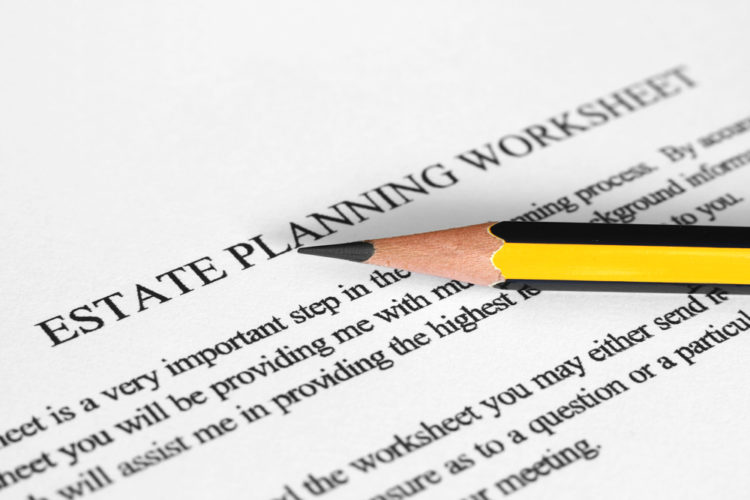November 21, 2022
Estate Lawyer
No matter what your age or net worth, it’s important to have a proper estate plan in place. Then, you know that your final wishes will be carried out and your loved ones will be protected. However, you don’t want to unknowingly make an error that could hurt your plan.
Here are some common estate planning mistakes to avoid.
Thinking You’re Too Young to Have an Estate Plan
Some younger people don’t think it’s necessary to establish an estate plan yet. However, even if you’re young and don’t have children of your own yet, you may still want to create an estate plan. You may still have some assets that you want to pass on to certain people. You may also want to name a power of attorney who can make healthcare decision on your behalf if you become incapacitated.
Forgetting to Name a Guardian
If you have minor children, you’ll definitely want to appoint a guardian. After all, you want to make sure that they are taken care of if you should die suddenly. The guardian you choose should be financially stable, responsible and shares similar values on raising children. It’s a good idea to appoint one or two alternate guardians in case your first choice can’t fulfill the role anymore.
Not Meeting with an Experienced Estate Lawyer
There’s plenty of DIY software for estate plans. However, that doesn’t mean you should handle your estate plan all on your own. These plans can be quite complex, so you at least should talk to a skilled estate lawyer. A lawyer can educate you on the specific laws in your state, provide you with tax planning strategies and make sure that your plan is strong enough to stand up to possible legal challenges.
Forgetting to Update Your Estate Plan
An estate plan is rarely a one and done deal. Most people have to update their estate plans several times throughout their lives. Generally, whenever you experience a major life change, you should take another look at your estate plan. For instance, if you get divorced or have a child, you should get in touch with your estate lawyer.
Not Talking About Your Estate Plan with Your Family
It’s wise to discuss the details of your estate plan with your family members. Tell them about the decisions you’ve made and how you came to those decisions. If you talk about your estate plan ahead of time, you can clear up any confusion and avoid hurt feelings in the future.
Failing to Take Special Needs Into Account
If you want to leave property to a family member with special needs, you should let your estate lawyer know. Your family member may receive government benefits that may get taken away after he or she receives property. Your lawyer can help you structure the gift in a way that allows your family to still qualify for government benefits.
Schedule a meeting with an estate lawyer — as suggested from our friends at W.B. Moore Law.

